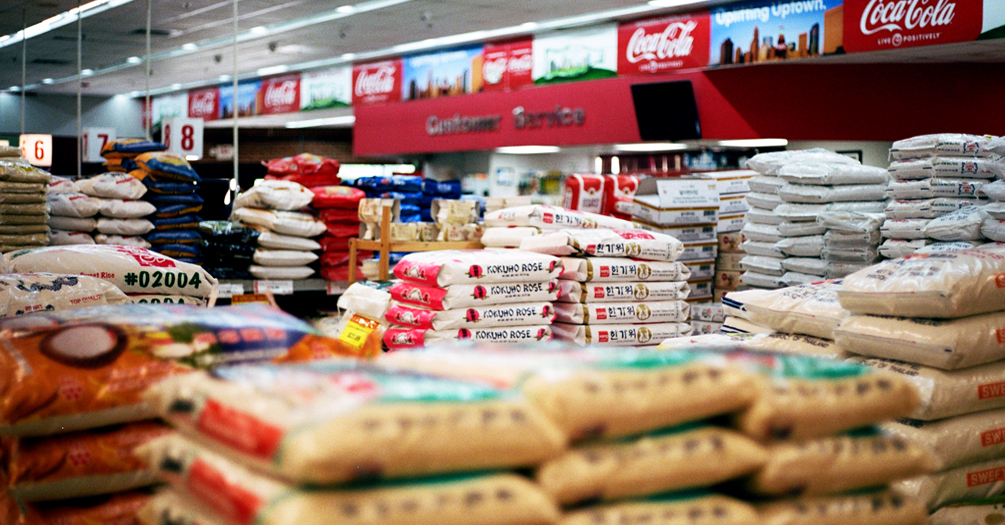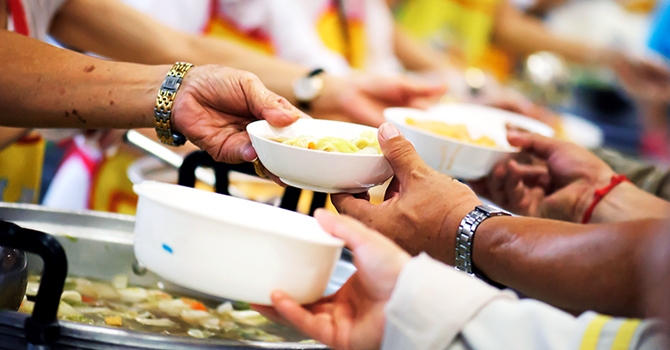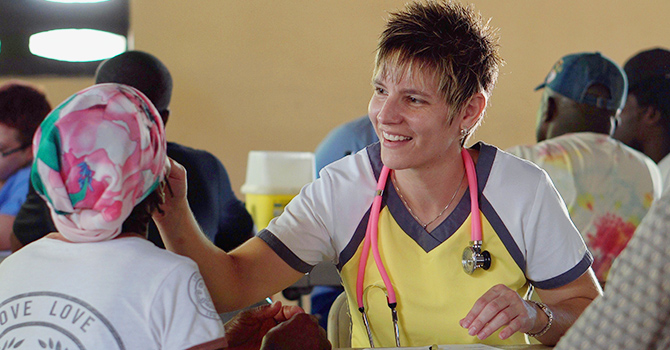
Emergency Food Security Funding Must Continue
Alek Ostrander and Carly Truett
The economic crisis caused by the COVID-19 pandemic has increased the risk of the nearly 26 million adults in the US struggling to access and afford food. Federal nutrition assistance programs like SNAP help, but additional assistance is needed for those already receiving maximum benefits. And many of these emergency measures should become permanent.


